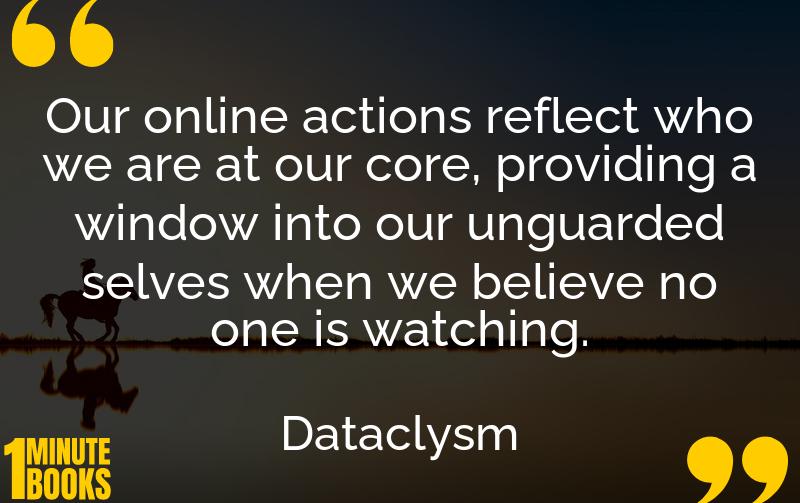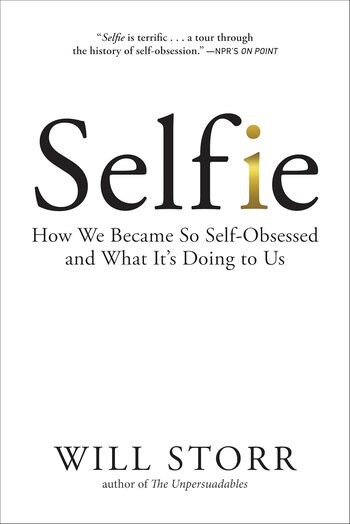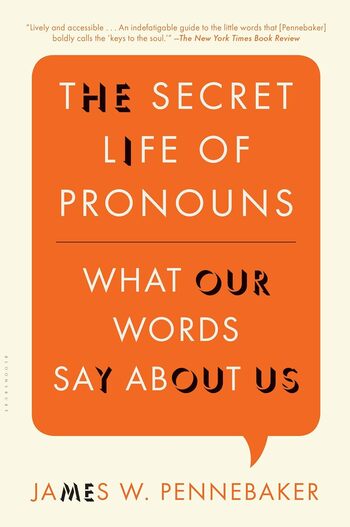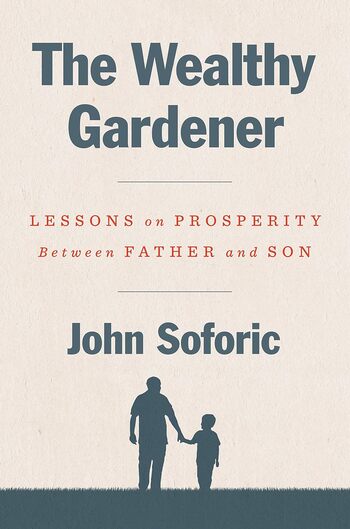
Dataclysm examines how online data, from sites like OkCupid and Twitter, uncovers honest human behaviors, challenging traditional perceptions of ourselves and revealing truths about our social nature.
Main Lessons
- Online data provides unfiltered insights into human behavior and preferences.
- People’s dating preferences differ in practice from what they report, highlighting a divide between virtual and real selves.
- Lower-rated profiles on dating sites may receive more attention due to perceived lower competition.
- Short-form online writing, like on Twitter, has enriched the language rather than diminished it.
- Interpersonal connections are crucial for spreading influential ideas, both online and offline.
- Snap judgments about appearances persist, influenced by underlying schemas and biases.
- Anonymity online can foster cruel behavior, known as the online disinhibition effect.
- Language used on platforms like Twitter reveals aspects of personal identity, including ethnicity and gender.
- Privacy in the digital world is compromised by our use of free services that trade data for functionality.
- Individuals should seek greater control over their personal data to balance privacy and connectivity.
- Observation of online behaviors can offer profound self-reflection and personal growth opportunities.








